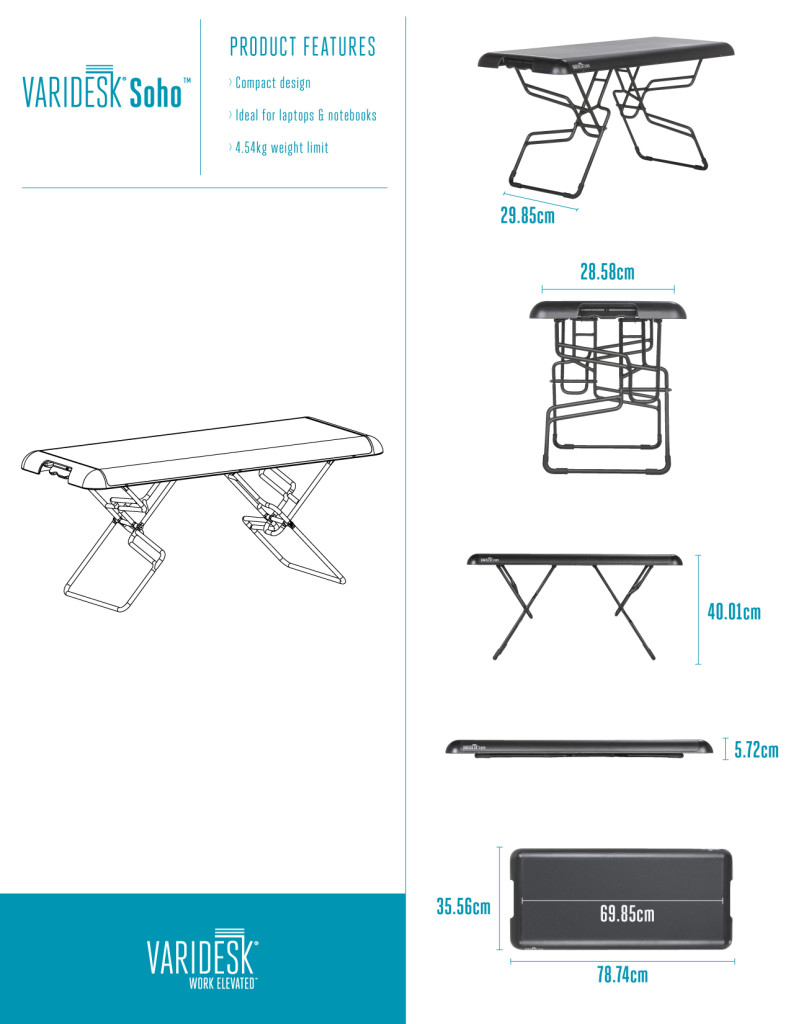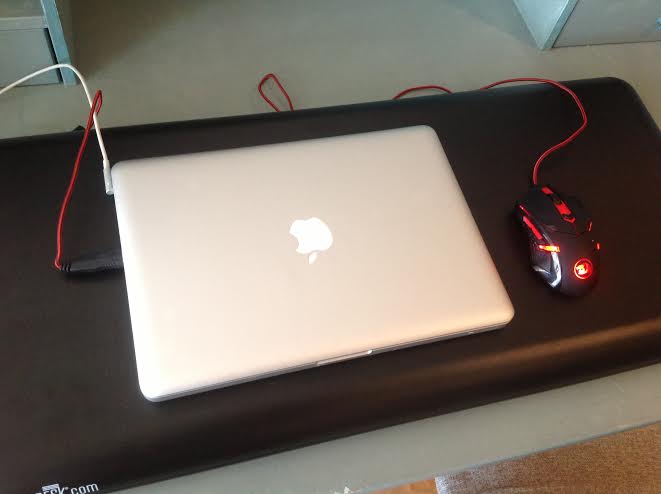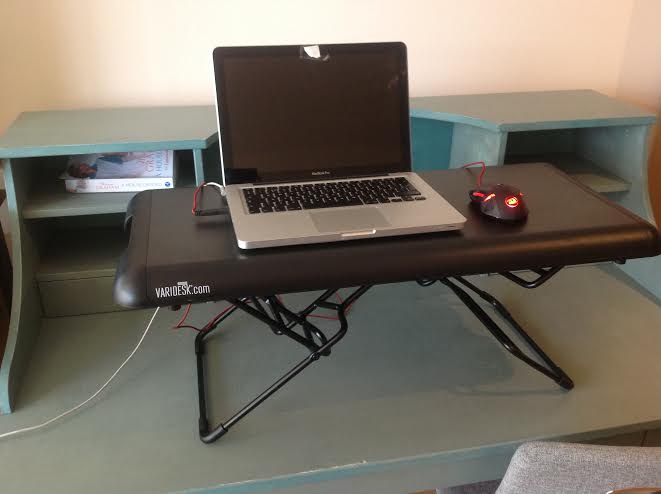Plants can certainly brighten up your living space, but did you know that they can help improve your health too? There are a multitude of different ways that indoor plants can benefit you, both physically and mentally.
Indoor plants can improve the air quality in your home by breaking down compounds from man-made fibres and absorbing nasty chemicals from the air, essentially acting like a natural air filter. They are also highly effective at balancing humidity levels in the home as plants are capable of harvesting moisture from the air and absorbing it.
Having balanced humidity levels is essential for good overall air quality but it also prevents the growth of mould and mildew which are particularly common in damp spaces like the bathroom.
Houseplants have also been proven to help alleviate stress, resulting in reducing blood pressure, fatigue and even headaches. This combined with their air purifying abilities means that houseplants can help with sleep, as they create a fresh and breathable space. Plus, they also look super stylish and can really brighten up your bedroom.
wilko’s guide to helpful houseplants, and how to look after them:
Cactus plants
Cacti help to remove carbon dioxide in the air by absorbing it and then supplying us with fresh oxygen to breathe. They are easy to care for as they require very little watering. Miniature cacti look great on a home office desk – perfect for those who like clean, contemporary living spaces.
Snake plants
Snake plants have a lot of character and resemble the skin of a reptile with long, dark green leaves with colourful yellow edges. They survive with little moisture – perfect for those who forget to give it a water! They’re usually quite large in size so would be perfect sat next to French doors or on a large table top.
Succulent plants
Succulents are the perfect companion for your home office and are very on-trend with lots of stylish options to choose from. As a rough guideline, water them every 7-14 days in the warmer months and every 3-4 weeks in winter. Make sure to let the soil dry thoroughly between watering and put them near the window for some time to get extra light.
Peace lily
If the name isn’t calming enough then the plant certainly will be. This plant purifies the air and doesn’t need a lot of light. It does however need adequate watering when the soil is dry so does require some attention but remember, too damp and it won’t flourish!
Fresh flowers
If leafy plants aren’t your thing, or you can’t get hold of any, a nice big bunch of fresh flowers in a stylish vase will do the trick. You can even look for pretty foliage and flowers from your own garden – wild flowers and lavender also produce a beautiful smell throughout the home, perfect for creating a calm, relaxed ambience.
Indoor herb garden
If you want to kill two birds with one stone, then an indoor herb garden is just the thing. Not only will the process of growing the herbs purify the air, but the end result should provide you with tasty herbs for dinner! Not to mention, growing your own herbs is a great hobby that can bring the family together. To create your own mini indoor herb garden, all you’ll need is some small plant pots, compost and seeds. Herbs thrive best when soil is moist, but not soggy. A great tip is to use separate pots for each type of herb – this means you can care for each plant individually and top up any that may need more water than others.
Peter Hardie, garden buyer at wilko, said: “Indoor plants and herb gardens are a great way to inject a touch of nature into the home, particularly as they have been proven to benefit our physical and mental health. Not only can we accessorise our homes with trendy plants and pots, we can also create a breathable and non-toxic environment in our homes, just by adding a few plants around the house.
“We recommend choosing pots and planters to suit your interior style, but bold colours and fun prints are really on-trend at the minute, and can be a great way to accentuate mantlepieces, balconies or windowsills.”
For more information on wilko’s garden and outdoor living range, please visit wilko.com.








